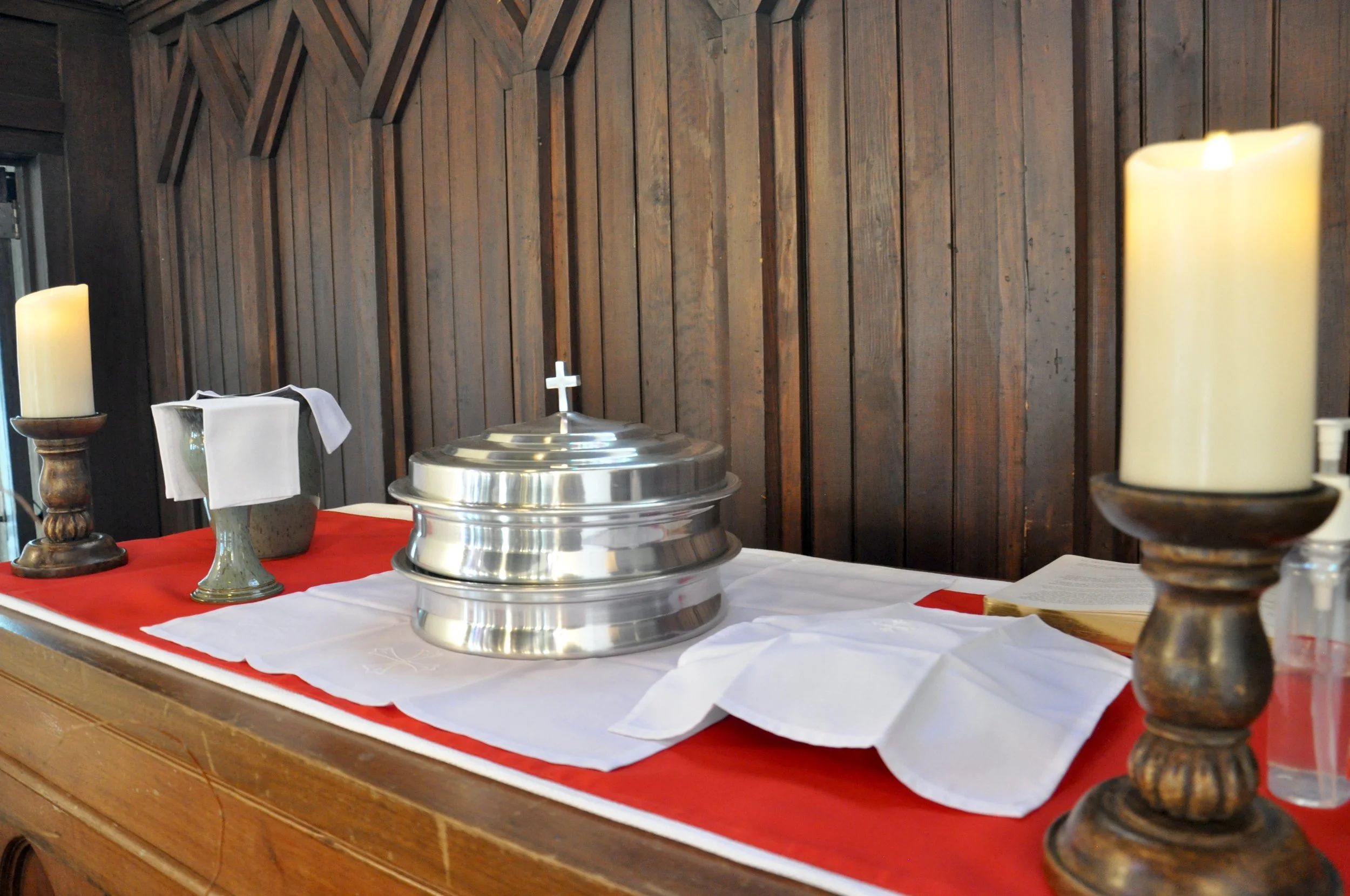But How Can Persecution Be a Blessing?
If someone were to ask me, ‘Why do you do this Bible-Study-teaching thing anyway?’ My deep heart answer would be this: I want women to get a taste of knowing what life is like living with this Jesus friend of mine. Living a life with Jesus in it, as opposed to one where He is merely visited on an as-needed basis, is a game changer. He shows me a depth of beauty that I cannot begin to grasp in a thousand glossy magazines. He can tell a story more heart churning and purposeful than all the novels, movies and drama series that I have ever read or seen. He shows up, always. He knows me fully, and He loves me anyway. His plans for me include things that far surpass having a healthy body, respected kids, and an elegant home. To borrow a profound phrase from Tom Cruise, “He completes me.” This Jesus is the real deal. And I want you to know Him, because I think He will rock your world too. So, you can understand it if I don’t really want to write about the persecution that comes with being His Friend, and how you will even be ‘happy’ when it happens.
Imagine you were going to be on this earth for 30ish years and you had this chance to make friends that would follow you, be taught by you and remember you long after you were gone. Would you give them your philosophy for happiness by including mourning and meekness and end it with the recommendation that they rejoice when they endure the inevitable persecution that comes by being friends? Not me. Nope, I would buy them lunch and take them flowers. But Jesus started this relationship with these 8 counter cultural keys to happiness, known as the beatitudes, and it worked. These disciples (minus one) would go on to live their lives willingly poured out for this Man, Jesus - rejoicing in the persecution that came by being known as one of His friends. Why?
Before we answer that, we must clarify that this is not some twisted recommendation to seek suffering. We are right to want our family healthy, our marriages strong, and our society safe. This is talking about enduring persecution ‘for righteousness sake’, or because of Christ. This is different than persecution “because of Katie was a little to uppity with her neighbor” or suffering “because of cancer”. The reason there is a blessing in this is because you do not endure persecution ‘because of Christ’ unless there is a mark of Jesus on you. The persecution is talking about is the result of the Holy Spirit having His hands on you enough that you are starting to fit in more with Eternity than the world around us. When you are living a life that looks enough like Christ that the world feels the need to make a little jab, then you know He is living in you. And if He is living in you, you are blessed.
Why did Jesus so boldly outline these crazy, counter intuitive keys to happiness? Why did these disciples walk willingly and joyfully into persecution? Because they met Jesus, they listened to Jesus, they walked with Jesus, and they were loved by Jesus. They tasted the blessing of Jesus, judged it better than anything else this life can offer, and they knew enduring the persecution of living a life marked by Him was well worth it.
One more to consider as you go:
“The Bible says, in many different passages, that true disciples of Jesus Christ will be persecuted. It is inevitable, a natural consequence of exhibiting true Christian character…nevertheless, there is very little persecution of Christians today [in America]. Is it possible that the Bible is wrong? Or are Christians today simply not showing forth the type of righteous character that Jesus said results in persecution?...the absence of persecution should drive a believer to his knees….”
James Boice
So with this, I have to ask myself, in what ways have I kept Jesus at arm’s length such that my life is not at all marked by His presence? What is one practical way that I can include Jesus in my everyday living such that I would begin to look a little different than the world around me?









